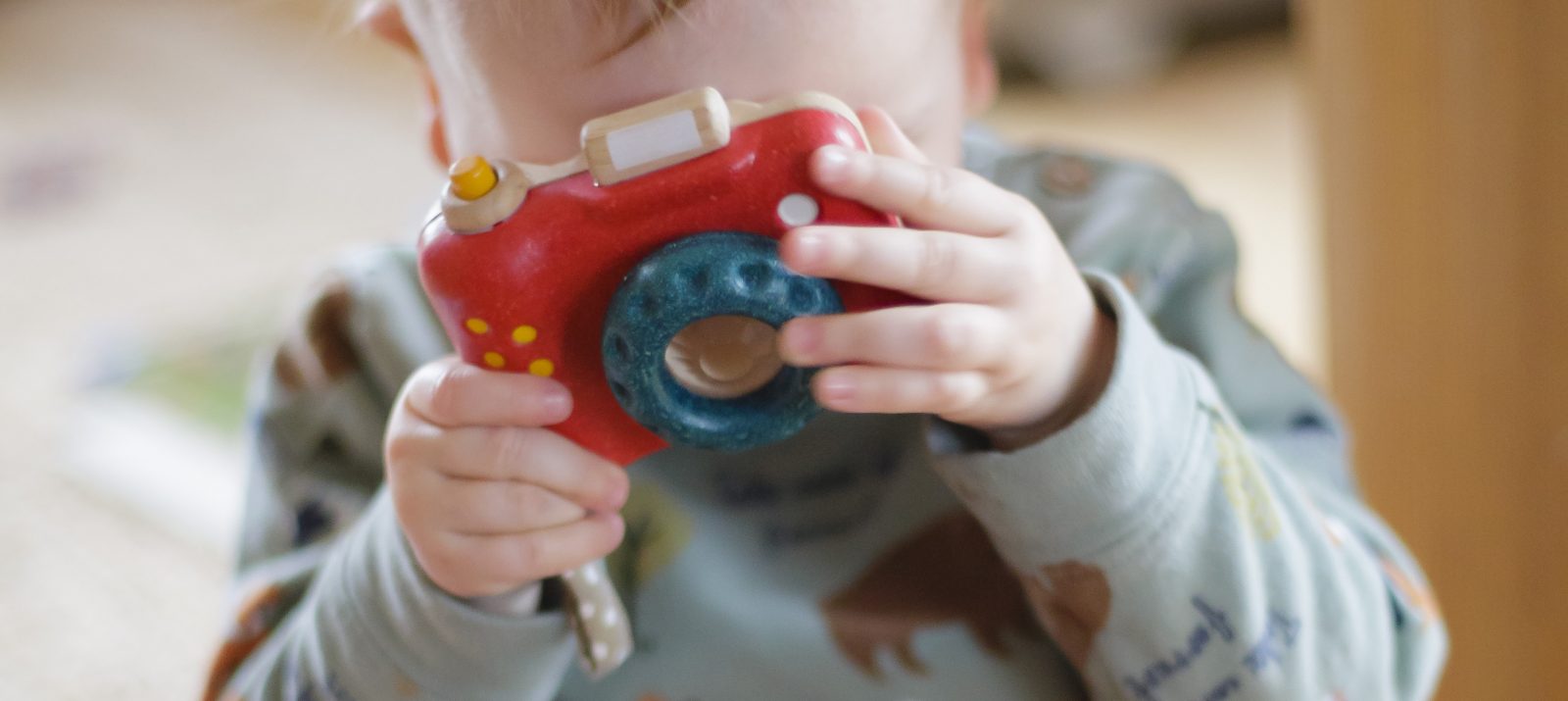
Children have rights that have been enshrined in the UN Convention on the Rights of the Child since 1989. These include the right to health and the right to play and leisure. But a lot has changed since then. The rapid development of digital media and technologies has significantly changed the way children grow up. Digital media play an important role from an early age. We explain the key aspects of children’s rights in the digital world.
The digital world encompasses various digital technologies, from the internet and mobile devices to online games and social media. All children’s rights apply everywhere. Some rights play a special role:
Every child has the right to unrestricted and equal access to the digital world. However, this does not mean that children should use media without restriction. Depending on your child’s age and stage of development, you as parents can agree rules with your child on how long and which media may be used.
Like adults, children also have the right to freely express their opinions and obtain information. The Internet offers children the opportunity to obtain age-appropriate information in a variety of ways and to express and disseminate their own opinions. Make sure your child only accesses websites that are safe and suitable for children.
Every child has the right to privacy. As parents, you should therefore be aware of and considerate of your child’s personal rights on the Internet. Avoid disclosing personal data such as your child’s name or address. Ask your child for permission before you post photos of them online or send them via Messenger. Respecting your child’s privacy also means not checking your child’s smartphone out of curiosity. If you are concerned about your child, seek a trusting conversation with him or her.
Digital media offer children a wide range of opportunities to express themselves creatively, learn and network with their peers. Encourage your child to explore age-appropriate platforms such as the Knipsclub photo community and digital play worlds. Ensure a good balance with other activities. Encouraging creative play in the digital world allows your child to develop their imagination.
Every child has the right to equal access to education. With regard to the digitalized world, support from the family, nursery and school is important so that children learn to deal safely and responsibly with the opportunities and risks in the media world. Today, the right to media access is also always a right to access educational media offerings such as playful learning sites.
Children’s rights focus on the best interests of the child. Children must be protected from all forms of violence, abuse and poor treatment (such as cyberbullying, cybergrooming and hate speech) in all areas of life, including the digital sphere. Special youth protection programs can help to minimize risks. Talk to your child about security risks and problematic content on the internet to empower them to protect themselves.
Children have the right to network online with their peers, share common interests and form digital communities. Parents should encourage their children to use online platforms such as the helpando help site or participation platforms that are designed to be age-appropriate, safety-conscious and promote positive interactions. This allows children to cultivate digital friendships and develop important social skills for life in an increasingly networked world – always aware of the challenges and opportunities that the digital environment offers.
Talk to your child about their rights. The family plays an important role for children’s rights in the digital space. As parents, you have the task of enabling your child to grow up well. This also includes teaching them basic media skills and values. Therefore, find out about your child’s media use, stay in contact and make (joint) decisions that are appropriate for your child’s age and development. Cooperative cooperation and a respectful and trusting relationship are the basic prerequisites for your child to turn to you as a contact person in the event of problems. Children need to know their rights. Only then can they claim them for themselves and stand up for them. Incidentally, your importance as parents for the development and well-being of your child is also expressly emphasized in the UN Convention on the Rights of the Child.
Further information on children’s rights can be found in a child-friendly format on Kindersache and at Deutsches Kinderhilfswerk .